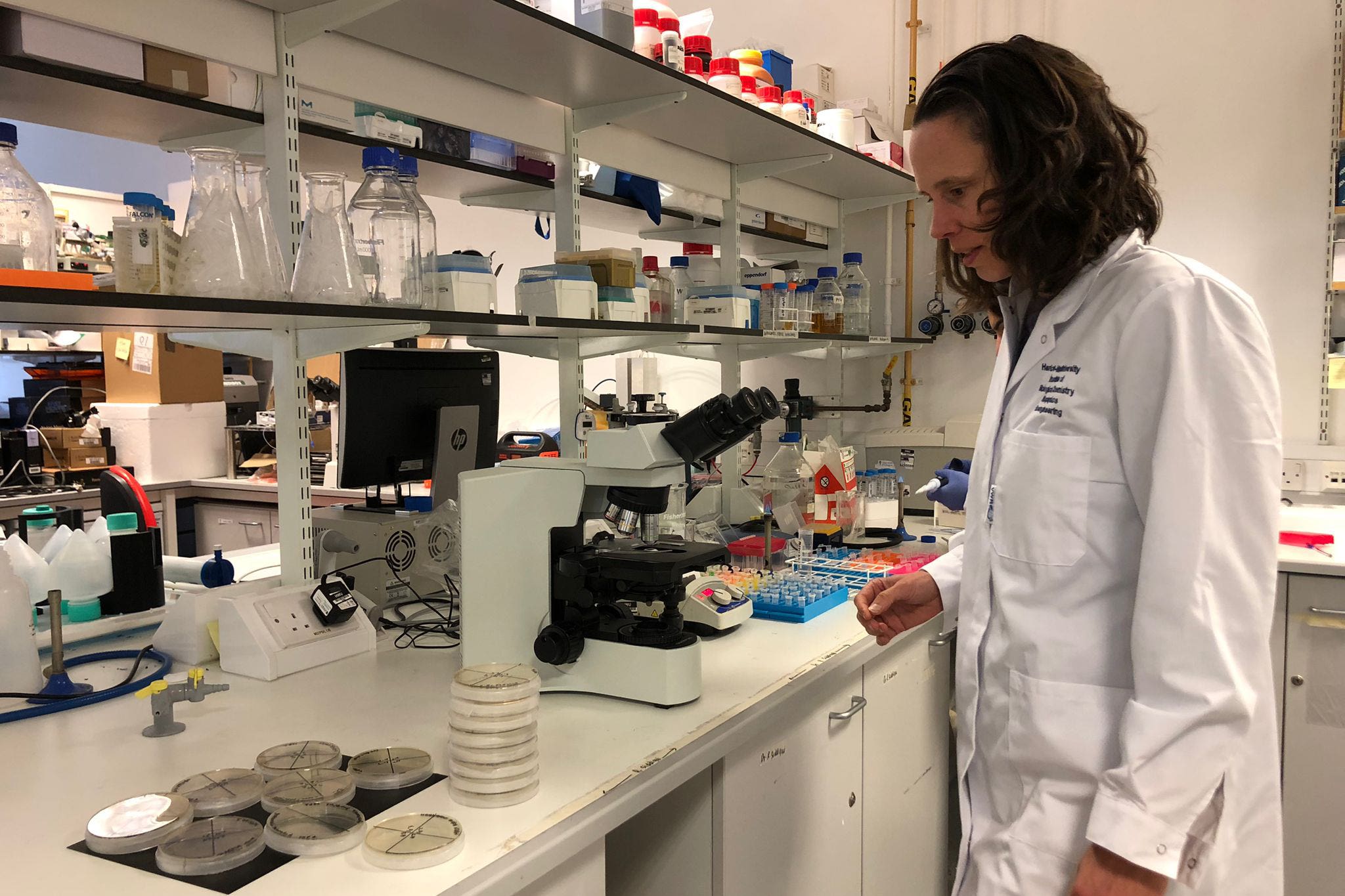New system for detecting bugs in water supply is ‘very significant improvement’
Researchers at Heriot-Watt University said the system will reduce the likelihood and severity of water contamination incidents.

Your support helps us to tell the story
From reproductive rights to climate change to Big Tech, The Independent is on the ground when the story is developing. Whether it's investigating the financials of Elon Musk's pro-Trump PAC or producing our latest documentary, 'The A Word', which shines a light on the American women fighting for reproductive rights, we know how important it is to parse out the facts from the messaging.
At such a critical moment in US history, we need reporters on the ground. Your donation allows us to keep sending journalists to speak to both sides of the story.
The Independent is trusted by Americans across the entire political spectrum. And unlike many other quality news outlets, we choose not to lock Americans out of our reporting and analysis with paywalls. We believe quality journalism should be available to everyone, paid for by those who can afford it.
Your support makes all the difference.A new technology for detecting harmful bugs in public water supplies is a “very significant improvement” on existing systems, scientists have announced.
Researchers at Heriot-Watt University have developed a new system for detecting waterborne pathogens that they say has a success rate of more than 70%, compared with an industry standard of 30%.
They said the system, which is undergoing performance testing at a “major UK water company”, will reduce the likelihood and severity of contamination incidents, such as the cryptosporidium outbreak in Devon earlier this year.
Our system has achieved a very significant improvement in detection rates of harmful bugs in the water
The outbreak saw about 17,000 households and businesses in the town of Brixham told to boil drinking water, and scores of reported cases of illness.
Researchers also pointed to figures showing the amount of illness linked to cryptosporidium in the UK each year is growing, with several thousand cases linked to the microscopic parasite in the UK each year.
Project lead Professor Helen Bridle said: “People across the UK are very concerned about potential contamination in public water systems: incidents like the one in Devon show just how serious an impact they can have on people’s lives and livelihoods.
“Our system has achieved a very significant improvement in detection rates of harmful bugs in the water so this technology will prevent illness and economic losses much more effectively in future.”
Water companies routinely monitor water quality but the scientists said the “different approach” taken with their monitoring system allowed them to achieve a “significantly better performance”.
The team is in the process of setting up a spin-out company called Aquazoa to take the new system to market and it is expected to be commercialised by early 2026.
It has secured high growth spin-out funding from Scottish Enterprise, Scotland’s national economic development agency.